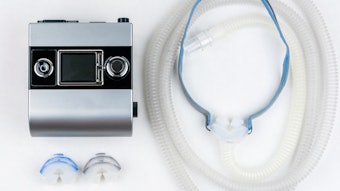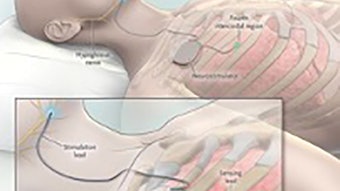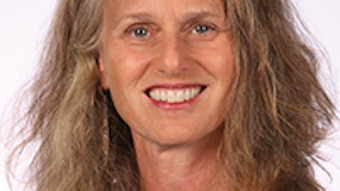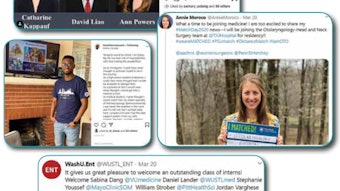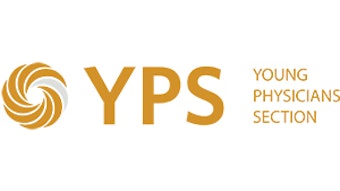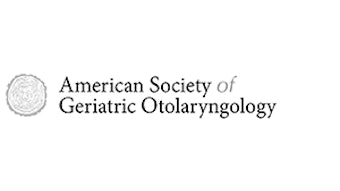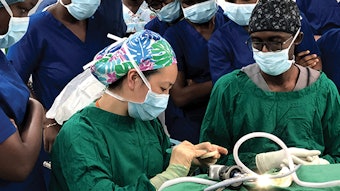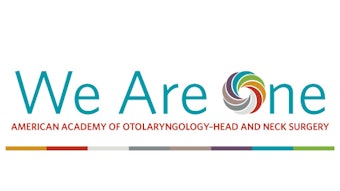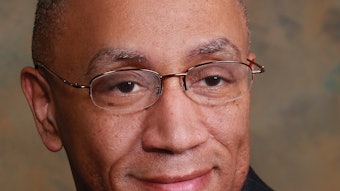Humanitarian Travel Grant: Janet Lee, MD
Since 2014, Jeremy D. Meier, MD, from the University of Utah and Peter Appiah-Thompson, MD, of Cape Coast Teaching Hospital at the School of Medical Sciences in the University of Cape Coast, Ghana, have worked together to provide the people of Western Ghana with otolarnygologic care. This year marked the fifth anniversary of their partnership.
Since 2014, Jeremy D. Meier, MD, from the University of Utah and Peter Appiah-Thompson, MD, of Cape Coast Teaching Hospital at the School of Medical Sciences in the University of Cape Coast, Ghana, have worked together to provide the people of Western Ghana with otolarnygologic care. This year marked the fifth anniversary of their partnership.
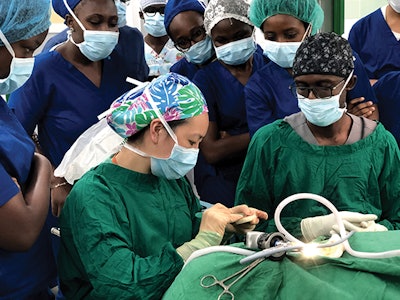
The Republic of Ghana is a country in West Africa with a population of about 30 million. Advanced healthcare is concentrated in its capital, Accra, located in the Eastern portion of the country. Cape Coast lies about a four-hour drive from Accra and is home to the Cape Coast Teaching Hospital (CCTH). Dr. Appiah-Thompson is the primary otolaryngologist for the Central region of Ghana, caring for the needs of 2.2 million people in the area. Although he is able to see to most of their needs, CCTH lacks the resources to provide more advanced care. Over the course of the year, these patients are asked to come to the annual screening clinic that marks the start of the surgical mission organized by Drs. Appiah-Thompson and Meier.
Through the nonprofit organization One Less Drop, Dr. Appiah-Thompson and a group of American otolaryngologists and anesthesiologists have worked to provide care for patients as well as training for providers. The approach has focused on making sustainable improvements in ENT care by working side by side with Dr. Appiah-Thompson, the local ENT residents, and specialized ENT nurses, who fill the roles of clinic nurse practitioners as well as operating room circulating and scrub nurses. In Ghana, the costly equipment used in everyday ENT is sparse, so training in otologic and endoscopic sinus surgery is very limited. By providing this equipment and training the same local medical staff in its use during the group’s annual mission trips, over time the abilities of the local providers has improved dramatically.
Similarly, One Less Drop’s team of anesthesiologists has worked with the CCTH anesthetists toward the goal of Safe Surgery. Cape Coast lacks MD-level anesthesiologists, and the training of local anesthetists is relatively abbreviated. This year, the group focused on implementing use of the World Health Organization’s Surgical Safety Checklist through a joint effort by the CCTH Departments of Surgery and Anesthesiology. Its use was adopted enthusiastically by the local staff, and we look forward to seeing its effects in the coming years.
This year, after seeing about 30 patients in the screening clinic, 20 surgeries were scheduled over the next four days. While the majority of these surgeries were for otologic disease, patients with choanal atresia, branchial cleft anomalies, and various ENT foreign bodies were also treated. It was a joy to simultaneously provide care to those in need and to help give others the skills to do so in our absence. This model of partnership and continued training to provide sustainable improvements in care has been an inspiration, and I hope to form a similar relationship in another location in my future career.

